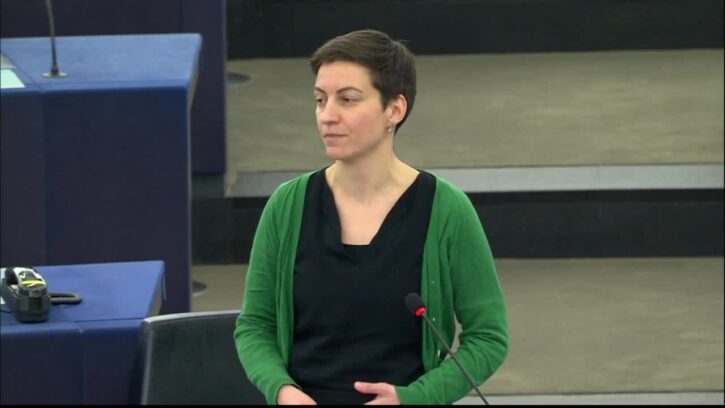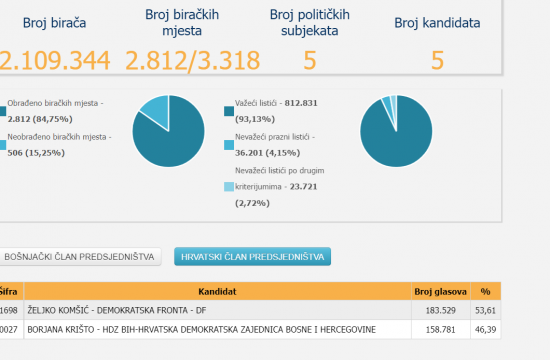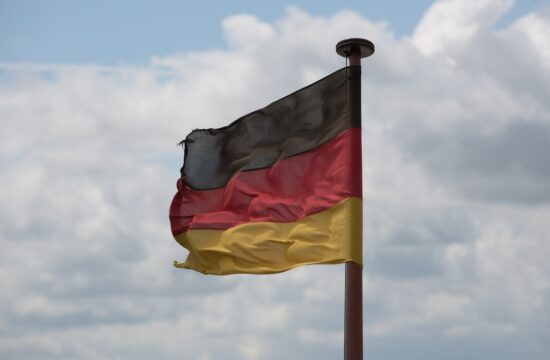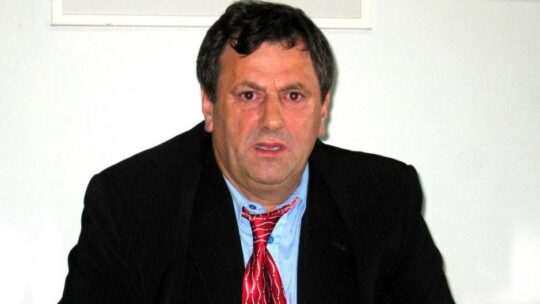
Addressing the European Parliament (EP) plenary session on Tuesday, leader of the European Greens party, Ska Keller, asked the Croatian Prime Minister Andrej Plenkovic about the reports of alleged violence and abuse committed by the Croatian border police against migrants on the border with Bosnia and Herzegovina.
Keller said that even though the reports claimed migrants’ belongings were destroyed, they were beaten and even shot at, the Croatian government has not stopped this nor investigated the accusations properly.
That is not acceptable for any member of the EU nor any country anywhere, Keller said. Croatia's borders are Europe's borders, whatever happens there is the responsibility of us all, we will not look the other way, she concluded.
Plenkovic responded that in its treatment of migrants, Croatia respected all Croatian and European laws and international conventions and that not one of those accusations should be taken for granted.
I say that as someone who has visited that border area between Croatia with Bosnia and Herzegovina and I completely understand what sort of terrain that is and what the conditions there are like, Plenkovic said and added that all complaints regarding police behaviour were being properly investigated.
The loudest criticism of Croatia's migrant policy came from the Greens and the left, including Malin Bjork of the European United Left–Nordic Green Left, who said that she had visited the border between Bosnia and Herzegovina and Croatia and witnessed 25 examples of pushbacks herself, adding that in 2019 alone more than 25,000 pushbacks had occurred there without any administrative procedures being undertaken.
Croatia will not become an informal hotspot for migrants, Plenkovic said.
The solution is to protect the external border, particularly between Turkey and Greece where the eastern-Mediterranean and western Balkan routes begin, said Plenkovic, adding that Europe can act in crisis areas with its humanitarian aid, economic strength, conflict mediation and other tools.




